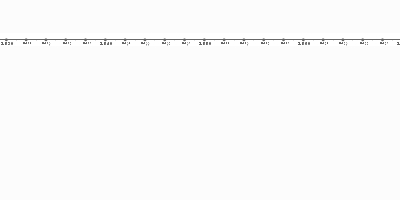Swahili City States (jan 1, 1000 – jan 1, 1500)
Description:
By the 10th century, Swahili society was attracting increased attention from Islamic merchants who they traded gold, ivory and slaves with in exchange for pottery, glass, and textiles that they obtained from China, Persia, and India. Trade brought great wealth to coastal East Africa and local chiefs strengthened authority and increased influence by controlling and taxing trade within their jurisdictions. Trade concentrated at several coastal ports like Mogadishu, Mombasa, Mozambique, Kilwa, and Sofala. Kilwa began as an agricultural and fishing dependent society and also developed copper coins to facilitate economic transactions. Muslim scholars from Arabia and Persia lived at Kilwa and consulted with the local ruler. Merchants of Kilwa imported cotton, silk textiles, perfumes, and pearls from India and porcelain and China. In East Africa, the ruling elites and merchants converted to Islam as it laid a foundation for close cooperation for Muslim merchants and also served as a source of legitimacy for their rule. In 1505, a Portuguese naval expedition subdued all the Swahili city states and Portuguese forces built administrative centers at Mozambique and Malindi in hopes of controlling trade in east Africa.Added to timeline:
Date:
jan 1, 1000
jan 1, 1500
~ 500 years
